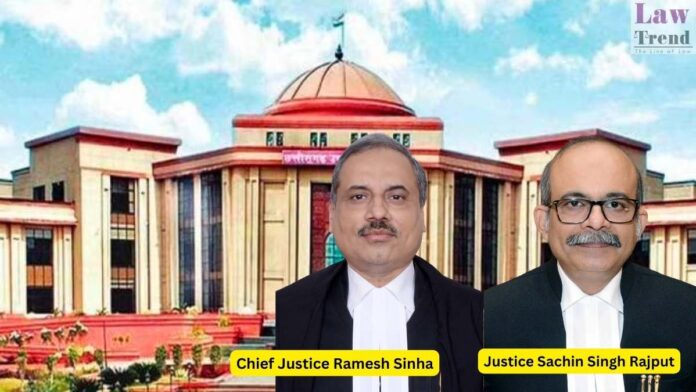In a Significant judgment, the Chhattisgarh High Court has ruled that an accused cannot be exempted from liability on the grounds of mere insanity in cases involving special offences under the Protection of Children from Sexual Offences (POCSO) Act, 2012. The court emphasized that the doctrine to prove exceptions beyond a reasonable doubt must be
To Read More Please Subscribe to VIP Membership for Unlimited Access to All the Articles, Download Available Copies of Judgments/Order, Acess to Central/State Bare Acts, Advertisement Free Content, Access to More than 4000 Legal Drafts( Readymade Editable Formats of Suits, Petitions, Writs, Legal Notices, Divorce Petitions, 138 Notices, Bail Applications etc.) in Hindi and English.




